We’ve spent the last couple of weeks cruising the length of Norway, winding our way along fjords and getting as far north as Tromso, the springboard for our voyage around Svalbard. Norway has a similar population to New Zealand but its largest seven cities contain only 2 million – compared to New Zealand’s big seven containing just under 3. And it’s 1½ times our area, so relatively it’s a country of lots of small, widely dispersed communities – and you see heaps of them dotted about as you cruise along its coast.
But the starkest difference is that Norway tops the international tables for wealth and wellbeing. Its income per capita is over twice that of New Zealand. And major beneficiaries of this are Norway’s millenials (born between 1981 and the mid-1990’s). Unlike the millenials of most other developed countries, Norway’s are doing better than their predecessor generation, the Gen X’s (born between 1966 & 1980). In Norway the millenials’ real income are 13% higher than the Gen X’s were when they were the same age. Contrast that to the generational trend in other strong economies – the US (millenials 5% lower than Gen X’s), Germany (9% lower). In Southern Europe the comparison is 15-30% lower.
What are the drivers of this? There are two of note; Oil was discovered in the 1960’s and that’s propelled the economy, these days it’s the world’s second largest oil exporter. Its sovereign wealth fund alone is the second largest in the world, standing at just under US$200,000 per person.
And secondly Norway is absolutely more socialist than fellow major oil exporter, Venezuela, has; Norway has not seen the rising inequality so typical of the developed countries that have let neoliberalism run, a not insignificant reason why its millenials have not fallen behind – indeed Norway actively practices wage compression (meaning there’s nothing like the wage rate disparity that’s opened up in other economies, a significant contributor to its high ranking in the happiness stakes). Norway has free education through to university level, and a very high participation of women in the paid workforce as childcare costs are low, parental leave generous. These factors all differentiate Norway from other wealth countries that have seen their millenials on the wrong end of a widening inequality gap. Norway’s egalitarianism has a very long heritage, as did New Zealand’s but compared to New Zealand it has strengthened not weakened that social contract.

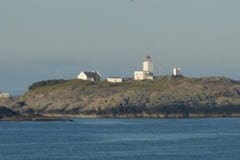
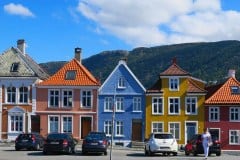
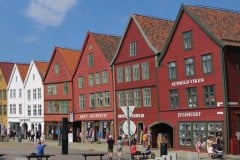



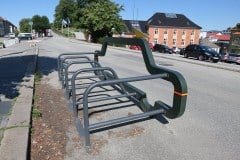
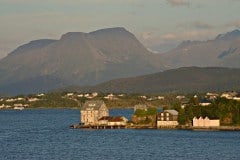


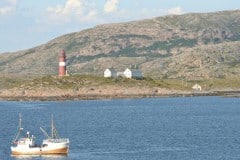
Comments are closed.